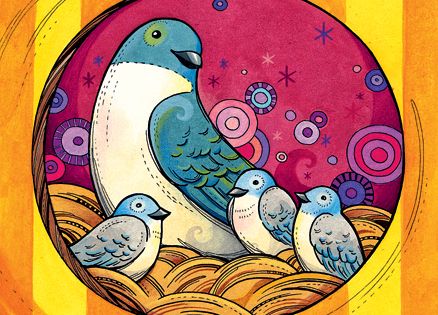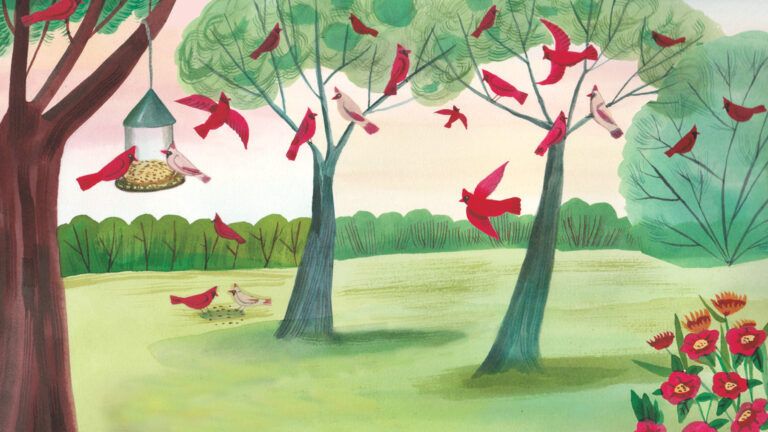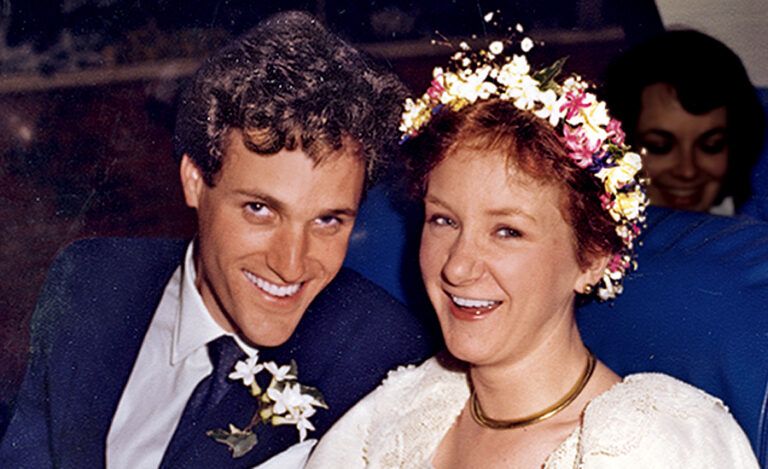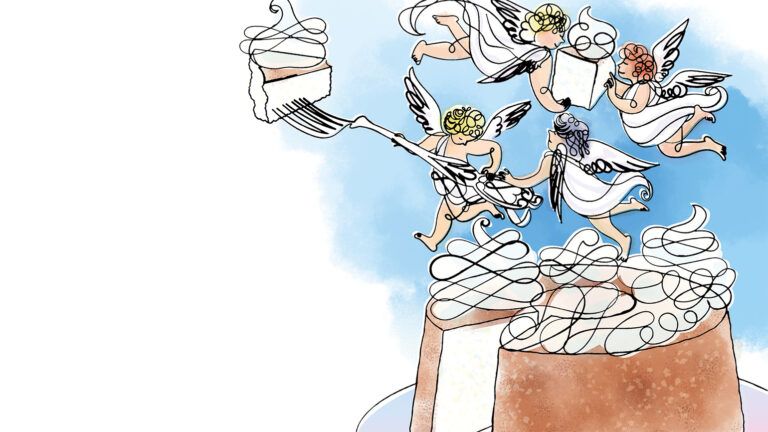“Whaddya, writing a book?”
That’s what my big brother, Joe, would say to me when he was home on leave from military college. Apparently it was the standard retort upperclassmen used to silence inquisitive plebes.
At long last I can say yes.
I finished writing The Promise of Hope last fall after a year or so of work, often on weekends or late at night, when I’d sometimes get an aggrieved call from my wife, Julee, asking, “How’s War and Peace coming?”
Tolstoy I’m not, but I do think it’s a pretty good book because the process forced me to be honest about the reasons I was writing the book. Again, Julee played a role. When I told Julee I planned to write about some of the inspiring people whose stories I’d helped tell in Guideposts, she asked, “You’re going to include your own story, right?”
I hadn’t planned to. Julee looked dismayed. “You’re trying to help people, I assume? Then tell your story too. Your story is why I married you.”
So I did, starting with the day that—for reasons I can’t fully fathom—I wandered into the Guideposts offices, desperate for a job. I talk about what led to that point and reveal my personal struggles finding my faith. I journey back to my childhood where I rediscover the love of my family, and share how I found a new sort of family at Guideposts.
This is as much a book about you as me, about your incredible stories of hope and inspiration, and how they changed me, literally how they saved me. I describe this journey of change and identify the 9 steps to powerful personal renewal.
Yes, there is a reason I ended up at Guideposts, and this book might be it.
Bird-watching was a passion for my husband, Jim, and me.
So we were overjoyed when a pair of swallows set up house in our yard. We’d watched the swallow gather grasses and feathers in her beak day after day.
Six eggs had hatched that spring. The mother kept a vigilant lookout for danger as she guarded her eggs. We’d even seen six tiny, wet, loud baby swallows crack through their shells to push their way out into the waiting world.
We’d gotten pretty good at keeping out of sight in the few weeks since the mother swallow had first made her nest. One summer day we went out into the yard to check on them. We were careful not to draw the birds’ attention. Now we watched the mother swallow fill their bottomless stomachs. “It won’t be long before they fly away for good,” Jim said.
“We’ll have to find something else to watch,” I said as the mother dropped a wriggling bug into the mouth of one of her babies. Once they were all fed, the babies settled down and she sat at the edge of the nest to guard her young. “I’m going to miss this.” Having swallows in the yard was better than TV.
Mother swallow spotted something in the grass—a neighbor’s cat taking a nap. Mother swallow didn’t like that. She spread her wings and took flight, swooping down near the cat to scare him off.
The cat lashed out. “Oh, no!” I cried, but it was too late. That fast, the mother swallow’s life was over.
I buried my face in Jim’s chest.
We went back inside, too stunned to even speak about what we’d seen. But we couldn’t ignore what we, as bird-watchers, knew was going to happen to those six babies. The male swallow would return to the nest and call out in vain for his mate. He would try to feed the babies on his own for a few days. When the mother didn’t return, he would leave too.
“What should we do?” Jim said.
“I don’t know,” I said. I’d spent my life watching birds, but never handled one. I called my friend Rosie. She dedicated every summer to rehabilitating injured birds.
“I wish I could take them,” Rosie said. “But the doctor’s forbidden me to take care of birds with my heart condition now. I can teach you how to help these birds yourself.”
Me? I thought. I was strictly an observer of bird life. But if I didn’t do it, who would? The chicks had no one else. I wrote down Rosie’s instructions, my mind racing.
“What if I mess it up?” I asked Jim, handing him the pages of notes I’d taken. “What if I do it wrong?”
“Nothing you do could be worse than the alternative,” he said.
That afternoon Jim and I went outside and carefully lifted the babies at the back of the nest into a Cool Whip container that was padded with Kleenex and brought them into the garage to feed them. This way the father could concentrate on the babies he could reach most easily, and the ones at the back wouldn’t be neglected.
At sundown we went back out to the nest to see if the male swallow had returned. The babies were all alone in the nest, crying from the cold. “The mother usually keeps the babies warm on cold nights,” I said. “I guess that’s our job now.”
The next ten days were filled with jobs. The babies had to be fed every 20 minutes, 16 hours a day. When they tired of store-bought mealworms, we hunted the yard for insects for dinner. Jim became handy with a butterfly net, and our schedules revolved around feeding our guests in the Cool Whip container.
“I’m exhausted,” I said one day as we watched the babies jump up on the side of the container. “Raising birds is more work than watching.”
“Then why are you smiling so much lately?” he asked.
“I said I was exhausted. I didn’t say anything about being unhappy.”
The truth was, not only was raising the birds more work, it was more rewarding. I understood why Rosie spent all those summers rehabilitating birds. There was something magical about knowing that someone needed your help, and then giving it to them. I wondered if this was how angels felt. It’s too bad Rosie can’t be here helping too, I thought.
Soon the babies began to fledge. The thrill of seeing that first swallow take flight, and knowing that we were a part of this journey, was extraordinary. After a few days of fledging, three of the babies had left. The other three needed more time. Unfortunately time wasn’t something we had. Jim had a family reunion coming up.
“Everyone’s expecting us,” I said as I reluctantly packed a suitcase one evening. “But we’ve come too far to abandon the swallows now.”
I lay awake that night trying to decide what to do. Our trip was days away. There was only one person I knew to call: Rosie.
“Can you take them?” I asked. I held my breath.
There was silence on the other end. But only for a moment. “Even my doctor wouldn’t deny me one week with the swallows!” she said.
By the time we returned from our vacation another bird had fledged. The other two, sadly, were not developing well. They died shortly after. “I never should have thought I could raise birds,” I cried to Rosie after it happened. “I should have stuck to watching.”
“Losing birds is the risk we take when we try to help,” she said. “Think of the ones you saved. They would never have had a chance without your dedication. God put you in their path for a reason. You made a difference because you tried.”
Rosie was right. We had made a difference. We’d sent four swallows out into the world. I haven’t come across any new orphan birds since that summer. If I do, I know what to do. Until then, I’m watching…
Download your FREE ebook, Angel Sightings: 7 Inspirational Stories About Heavenly Angels and Everyday Angels on Earth





